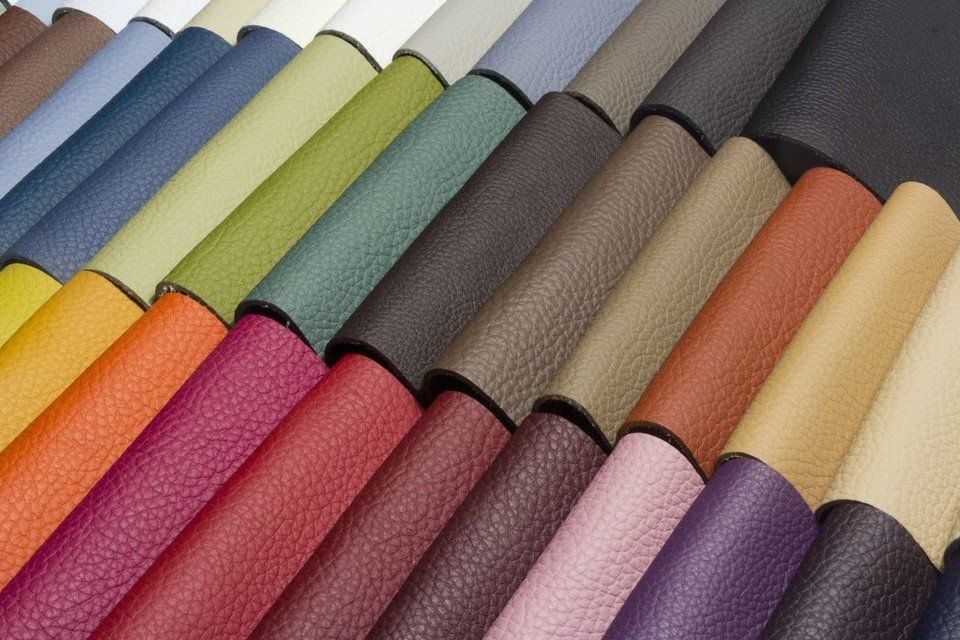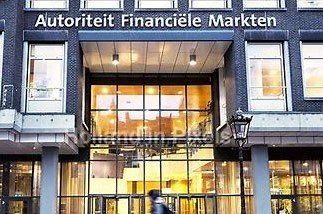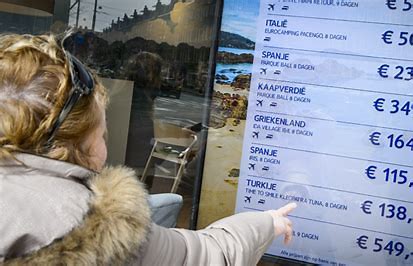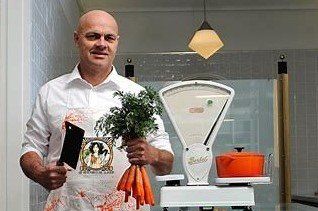In the press
Second-hand is completely on the rise. And rightly so, because most that you need, someone else has already (had). If you need a 'new' phone, there is a good chance that you first look at what refurbished phones are available. But did you know that this is also possible with IT devices, such as computers or laptops? We have listed 5 advantages of refurbished IT devices for you.
What exactly is refurbished?
When you're looking for a new laptop, smartphone or maybe even security hardware, you'll soon see that the choice is huge when it comes to new products. However, for a few years now you have even more choice, namely in the refurbished products category. Second hand and of good quality. Refurbished it devices are devices that have already been used and have been given a second life. These devices have been fully checked, repaired and patched where necessary and put back on the market.
Biggest advantage: better for the environment
In an average household you will find plenty of IT equipment. Just think of the smartphones and even tablets that you use. When you choose refurbished IT equipment, you choose equipment that has already been used. The idea behind this is that it is more sustainable and cheaper. Because of the choice for refurbished, there is less and less demand for new products, which saves a huge amount of energy, raw materials and waste. To give you an idea, the ICT waste in 2020 was about 10 million kilos
Enough choice of refurbished products
What many people do not know is that you have a huge choice of refurbished products in all kinds of different models. Think of computers, desktops, monitors and laptops, but there is also refurbished security hardware, such as refurbished Cisco Security.
Warranty on refurbished
If you are in doubt, it might be good to know that refurbished products often come with a warranty. You do not have to deal with purchasing problems via second-hand sites, such as marktplaats. Therefore, choose such equipment from a recognized and high-quality (web) store. Always research this. A private individual who sells refurbished devices is slightly less reliable in that regard.
Every year, about two billion square meters of leather comes onto the market. You need a lot of cows to produce that. These cows not only use a lot of land, they also need water and food and also emit a lot of methane, a major problem in livestock farming. In addition, many chemicals are needed to make leather from the cowhides. The production of leather is therefore not a clean industry.
That is why there are many developments in the world of artificial leather. Think of leather from fish skins, palm leaves, mango and pineapple peels and fungi. However, not every alternative to leather is equally sustainable. The majority of artificial leather is made of plastic. This imitation leather consists of a layer of fabric with microfibres or polyester. On top of this is a synthetic layer, such as polyurethane, a substance that is extracted from petroleum. This not only releases a lot of microplastics, but also CO2 emissions, because plastic is made from fossil fuels.
Vegetable leather does not last as long as traditional leather. It wears out faster, so you have to buy a replacement sooner. That is why some vegetable leather products are diluted with plastic, which makes the leather stronger and longer lasting. Or an extra layer has to be covered; often a plastic coating. That process is not yet entirely environmentally friendly.
Leather from plastic
Most alternative leather is made of plastic, and this leaves a large carbon footprint. The synthetic leatherette market was worth about $31.4 billion in 2020. Another study shows that this market will grow to $40.5 billion by 2027. Yet this is only a fraction of the entire leather industry. It is estimated to be worth $394.1 billion, which is thirteen times as much as the synthetic market.
Kweekleer
In addition to leather from vegetable or fossil products, there is another way to make the product sustainable: growing leather from a few cow cells. The Dutch start-up Qorium recently raised 2.6 million euros to scale up the cultivation of leather. How it works? To grow leather, they only need a few cells of real cowhide. From those few cells, Qorium can grow up to 100,000 square meters of leather. Per kilo, cultured leather requires 99 percent less water, 66 percent less energy and 36 percent less chemicals. And above all: no methane is released when growing leather. Growing a piece of leather takes about three to four weeks and requires little space.
It is still difficult for smaller organizations and start-ups to compete with the large companies in the traditional leather industry. Also, some experts are critical of alternatives to traditional leather. According to them, leather is not the product that keeps the meat industry going, but the consumption of meat. Leather is just a by-product and as long as meat production continues, we should be using that by-product.
The rules for comparison sites for health insurance are being tightened. From now on, the sites must show the basic health care premiums, without any one-off discounts or premium discounts for a higher deductible.
Also, insurers that pay comparators commission for policies taken out should not be favored in the results of the comparison. Minister Edith Schippers of Public Health announced this on Thursday, De Telegraaf reports. According to Schippers, the comparators fulfill a 'crucial' role within the system. Because there are many different policies, consumers no longer see the wood for the trees. Comparators can help with this, but research has shown that policy information on the comparison sites has regularly been incorrect in recent years.








